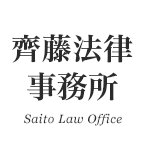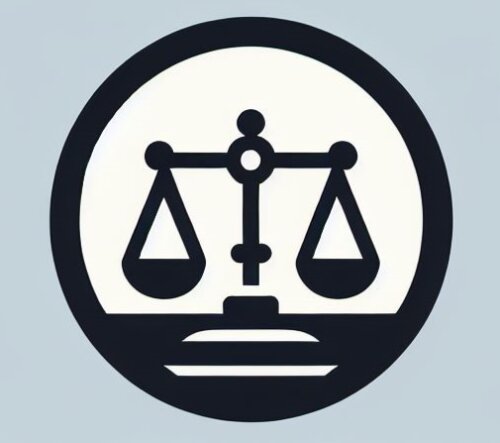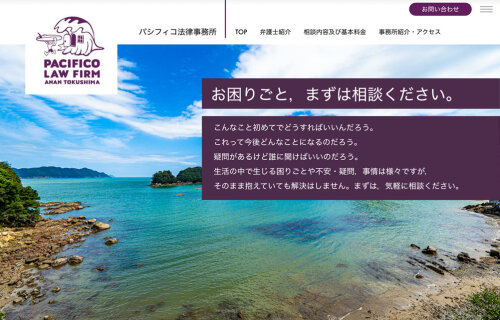Best International Trade Law Lawyers in Japan
Share your needs with us, get contacted by law firms.
Free. Takes 2 min.
Or refine your search by selecting a city:
List of the best lawyers in Japan
About International Trade Law in Japan
International Trade Law in Japan governs trade practices between Japanese entities and foreign entities. It includes regulations on the import and export of goods and services and encompasses various international agreements that Japan is party to, such as the World Trade Organization (WTO) agreements. Japanese trade law aims to ensure fair competition and compliance with international standards while protecting national economic interests.
Why You May Need a Lawyer
Legal advice in International Trade Law may be required in several scenarios, including:
- Trade Agreement Negotiation: Understanding and negotiating terms that comply with Japanese and international laws can be complex.
- Import/Export Compliance: Keeping up with the regulatory requirements for customs, tariffs, and trade sanctions.
- Dispute Resolution: Resolving conflicts with international partners or governments may require specialized knowledge.
- Intellectual Property Issues: Protecting and enforcing IP rights in cross-border trade.
- Market Entry Strategy: Establishing a business presence in Japan or Japanese companies expanding abroad.
Local Laws Overview
Japan's International Trade Law consists of various components, including:
- Customs Law: Governs the procedures for goods entering and leaving Japan, including tariffs and import/export controls.
- Foreign Exchange and Foreign Trade Control Act: Regulates foreign investments and trade to maintain national security and international peace.
- Intellectual Property Law: Protects creations of the mind in the context of cross-border trade, crucial for technology, trademarks, and patent concerns.
- Consumer Protection Laws: Ensure the quality and safety of goods sold in Japan, affecting both importers and exporters.
- Trade Agreement Compliance: Includes bilateral and multilateral agreements Japan is a part of, requiring compliance from businesses.
Frequently Asked Questions
What are the crucial export regulations in Japan?
Exporters must comply with the Foreign Exchange and Foreign Trade Control Act, and specific items may require licenses or notifications.
Do I need to register my business in Japan to import goods?
Not necessarily, but a representative office might be required. Importers must comply with customs and tax regulations.
What is the role of customs brokers in Japan?
Customs brokers facilitate the import/export process by handling documentation, calculation of tariffs, and ensuring compliance with customs laws.
How are international trade disputes typically resolved in Japan?
Disputes can be resolved through negotiation, mediation, arbitration, or litigation, with arbitration under the Japan Commercial Arbitration Association being a common choice.
Are there specific legal considerations for e-commerce businesses trading internationally with Japan?
Yes, e-commerce businesses should comply with Electronic Commerce Transaction Law, consumer rights protections, and data privacy laws.
How does Japan handle trade sanctions and embargoes?
Trade sanctions and embargoes are administered under Japan's Foreign Exchange and Foreign Trade Control Act, aligning with international practices.
What should I know about Japanese tariffs?
Tariffs vary by product classification under the Harmonized System, and rates can change due to free trade agreements or other international accords.
How can foreign companies protect their intellectual property in Japan?
Registering IP rights under Japan's Patent Office is crucial, and understanding local enforcement mechanisms is essential for protection.
Are there incentives for foreign companies in Japan's trade sector?
Yes, Japan offers certain tax breaks and financial incentives to foreign investors, especially in special economic zones and strategic sectors.
Is knowledge of Japanese language necessary for business contracts?
While English contracts are common, understanding or translating to Japanese may be beneficial for legal enforceability and clarity.
Additional Resources
- Japanese Ministry of Economy, Trade and Industry (METI)
- Japan External Trade Organization (JETRO)
- The Japan Commercial Arbitration Association (JCAA)
- Tokyo Customs Office for procedures and regulations
- World Trade Organization (WTO) resources regarding Japan's trade policies
Next Steps
If you require legal assistance in International Trade Law in Japan, consider the following steps:
- Consult a Specialist Lawyer: Seek advice from a lawyer specializing in Japanese trade law to evaluate your situation.
- Engage in Preliminary Research: Utilize resources like JETRO or METI to understand basic regulations related to your trade activities.
- Prepare Relevant Documentation: Gather all documents related to your trade activity for review by your legal advisor.
- Focus on Compliance: Ensure you have a clear understanding of local compliance requirements and engage a customs broker if necessary.
- Consider Dispute Resolution Options: Understand your options for resolving potential disputes, including arbitration and litigation.
Lawzana helps you find the best lawyers and law firms in Japan through a curated and pre-screened list of qualified legal professionals. Our platform offers rankings and detailed profiles of attorneys and law firms, allowing you to compare based on practice areas, including International Trade Law, experience, and client feedback.
Each profile includes a description of the firm's areas of practice, client reviews, team members and partners, year of establishment, spoken languages, office locations, contact information, social media presence, and any published articles or resources. Most firms on our platform speak English and are experienced in both local and international legal matters.
Get a quote from top-rated law firms in Japan — quickly, securely, and without unnecessary hassle.
Disclaimer:
The information provided on this page is for general informational purposes only and does not constitute legal advice. While we strive to ensure the accuracy and relevance of the content, legal information may change over time, and interpretations of the law can vary. You should always consult with a qualified legal professional for advice specific to your situation.
We disclaim all liability for actions taken or not taken based on the content of this page. If you believe any information is incorrect or outdated, please contact us, and we will review and update it where appropriate.
Browse international trade law law firms by city in Japan
Refine your search by selecting a city.















